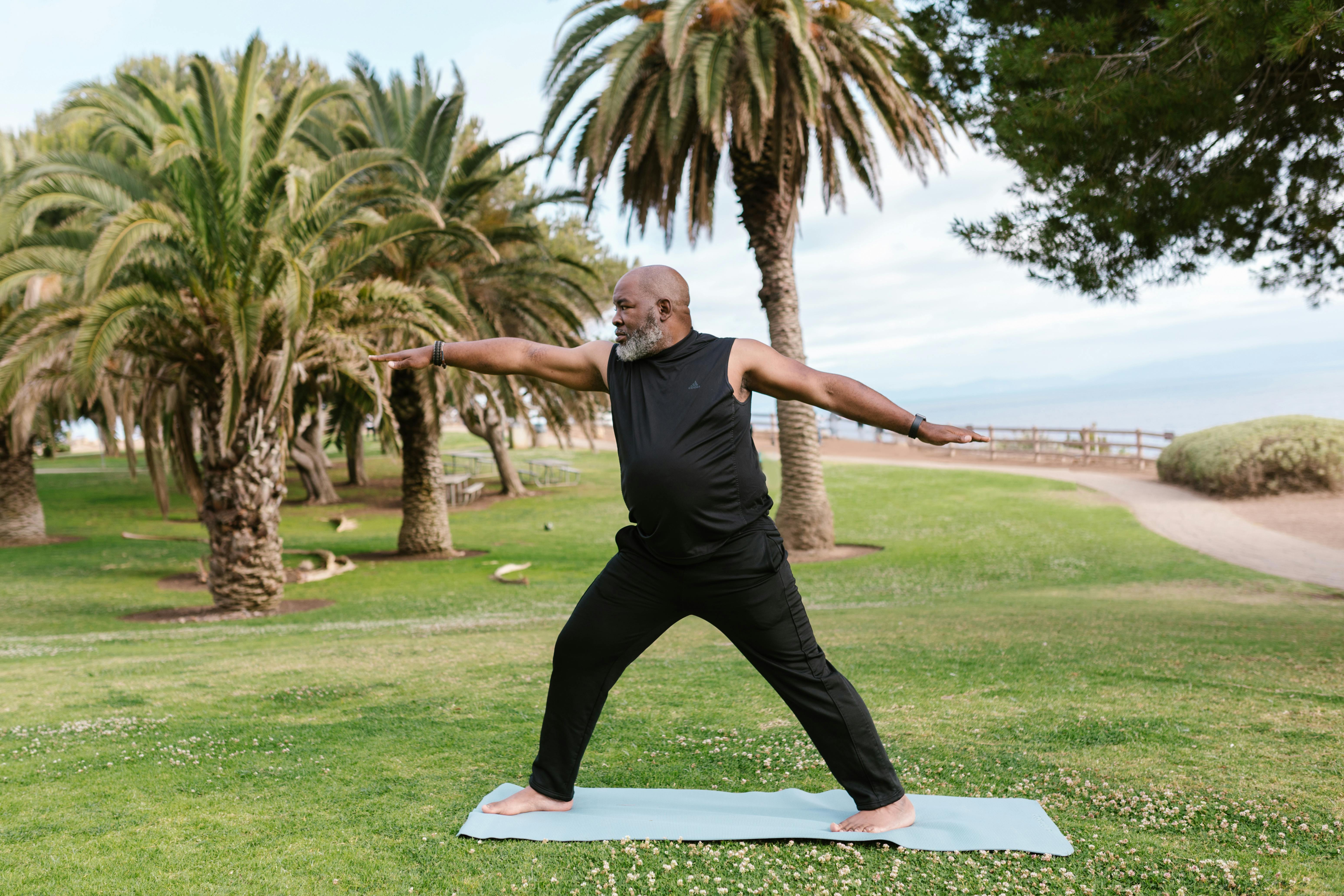Top 7 Essentials for Integrating Functional Fitness into Daily Life
In recent years, the concept of functional fitness has gained significant traction, recognized for its holistic approach to improving overall health and longevity. Unlike traditional fitness regimes that often isolate muscle groups, functional fitness focuses on exercises that mimic everyday activities, enhancing strength, balance, and flexibility in a way that directly translates to daily life. This approach not only helps in performing daily tasks more efficiently but also reduces the risk of injury and improves quality of life. As we delve into the essentials for integrating functional fitness into daily routines, we uncover how this practice can be a cornerstone for enhanced well-being and longevity.
Understanding Functional Fitness

Functional fitness is rooted in exercises that train your muscles to work together, preparing them for daily tasks by simulating common movements you might do at home, work, or in sports. By using various muscles in the upper and lower body at the same time, functional fitness exercises emphasize core stability. For instance, a squat is a functional exercise because it trains the muscles used when you rise from a seated position or pick up objects from the floor. Understanding the principles of functional fitness is crucial as it lays the groundwork for creating a balanced exercise program that promotes strength, coordination, and endurance.
The Importance of Core Strength

Core strength is a fundamental element of functional fitness, as it stabilizes your body, allowing you to move in any direction or stand still without losing balance. A strong core improves posture, reduces the risk of back pain, and enhances athletic performance. Exercises like planks, bridges, and rotational movements are key to developing core stability. Incorporating core-focused workouts into your daily routine can dramatically improve your ability to perform everyday activities with ease and confidence. Furthermore, a stable core supports other functional movements, ensuring you can execute them safely and effectively.
Flexibility and Balance: The Unsung Heroes

Flexibility and balance are often overlooked but are vital components of functional fitness. Flexibility ensures that muscles and joints move through their full range of motion, reducing the risk of injury. Balance, on the other hand, helps maintain stability and coordination. Incorporating exercises like yoga or tai chi can enhance both flexibility and balance, making daily activities such as walking on uneven surfaces or reaching for items on a high shelf safer and more efficient. These exercises also promote mindfulness and relaxation, contributing to mental well-being, which is an integral part of overall health.
Cardiovascular Health: The Heart of Longevity

Cardiovascular health is crucial not just for longevity but also for maintaining energy levels and stamina in daily life. Functional fitness routines often incorporate cardiovascular elements, such as brisk walking, cycling, or swimming, which enhance heart health and improve circulation. These activities increase your heart rate, promoting efficient blood flow and oxygen delivery throughout the body. Regular cardiovascular exercise reduces the risk of chronic diseases such as heart disease, diabetes, and obesity, making it an essential component of a functional fitness regimen aimed at enhancing well-being and extending lifespan.
Strength Training: Building a Resilient Body

Strength training is a cornerstone of functional fitness, focusing on building muscle strength and endurance that are directly applicable to daily activities. Using bodyweight exercises like push-ups, lunges, and pull-ups, or incorporating resistance bands and free weights, can improve muscle tone and bone density. Strength training not only boosts metabolism but also enhances the ability to perform everyday tasks like lifting groceries or climbing stairs with ease. By building a resilient body, you increase your capacity to handle physical stresses, reducing the likelihood of injury and promoting longevity.
The Role of Nutrition in Functional Fitness

Nutrition plays a pivotal role in supporting functional fitness by providing the necessary fuel and nutrients for optimal performance and recovery. A balanced diet rich in proteins, healthy fats, and complex carbohydrates ensures that your body has the energy to perform and recover from functional workouts. Hydration is equally important, as it aids in muscle function and recovery. Incorporating foods high in antioxidants and anti-inflammatory properties can also help reduce muscle soreness and improve recovery times. Proper nutrition not only enhances physical performance but also supports overall health and longevity.
Mental Well-being: The Mind-Body Connection

Functional fitness is not solely about physical health; it also significantly impacts mental well-being. Engaging in regular physical activity releases endorphins, which reduce stress and improve mood. Functional fitness routines often include elements of mindfulness and concentration, which help in reducing anxiety and enhancing cognitive function. The mind-body connection fostered through functional fitness encourages a holistic approach to health, where mental resilience is built alongside physical strength. This comprehensive approach ensures that both body and mind are prepared to handle the challenges of daily life, leading to a more balanced and fulfilling existence.